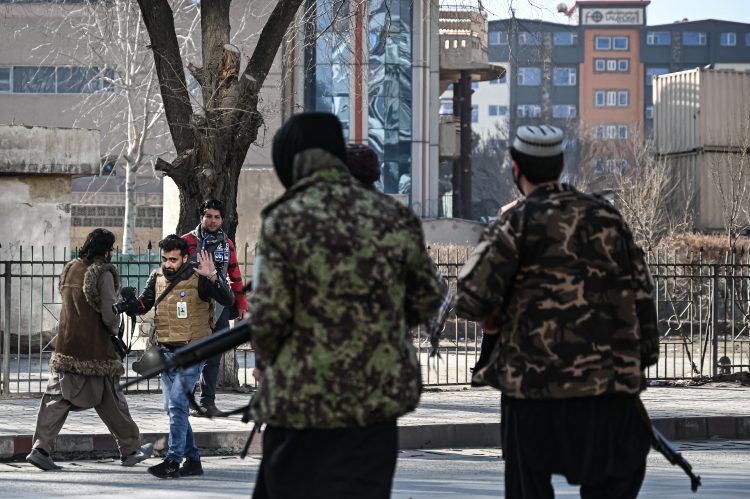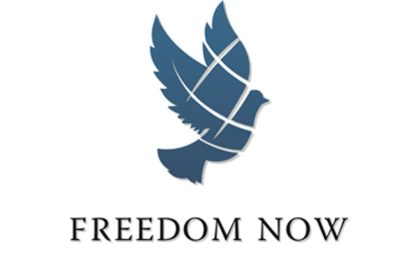RASC News Agency: Human Rights Watch (HRW) has issued a stark warning that since the Taliban’s return to power in August 2021, Afghanistan has descended into one of the most repressive environments for journalists anywhere in the world. The organization’s latest report describes the situation as a “deliberate campaign of suffocation” against free expression, where fear, censorship, and violence have replaced open reporting and accountability.
According to the report, the Taliban regime has dismantled nearly every institution that once safeguarded media independence. Independent radio stations have gone silent, print publications have disappeared, and television newsrooms operate under the constant gaze of Taliban informants. Journalists who once dared to challenge authority now face threats, imprisonment, or exile creating what HRW calls “an information blackout imposed through intimidation and fear.”
Farashta Abbasi, a researcher for Human Rights Watch’s Asia Division, said that the Taliban have turned Afghanistan’s media landscape into a “graveyard of independent voices.”
“The Taliban’s approach to media is one of total control,” Abbasi said. “They have institutionalized fear, criminalized truth-telling, and equated journalism with rebellion.”
Abbasi noted that the regime’s so-called media regulations are, in practice, instruments of coercion tools designed to eliminate scrutiny and to transform the press into an extension of Taliban propaganda. Journalists who question official narratives or report on human rights abuses are routinely detained, beaten, or forced to sign pledges of silence before being released.
Under Taliban rule, more than half of Afghanistan’s media outlets have closed. Hundreds of journalists particularly women have been forced out of work. Those who remain often operate from undisclosed locations, publishing anonymously to avoid retaliation.
“The Taliban have made fear the foundation of their governance,” Abbasi said. “Every headline, every broadcast, every word now passes through the lens of Taliban paranoia.”
Abbasi further highlighted that female journalists bear the heaviest burden of the Taliban’s repression. Many have been banned from television, ordered to cover their faces on air, or entirely removed from their posts. Offices that once echoed with the voices of women journalists now stand empty.
“This is not just gender discrimination it is gender erasure,” Abbasi explained. “The Taliban’s policies are a calculated attempt to remove women from public and professional life, ensuring that half the nation’s population remains voiceless.”
Reports gathered by HRW indicate that Taliban intelligence operatives routinely visit newsrooms to monitor content and issue warnings against “un-Islamic” reporting. Even social media posts critical of the regime have led to midnight raids and arrests.
The HRW report warns that the mass exodus of Afghanistani journalists has created a dangerous vacuum of credible information inside the country. With independent voices silenced, citizens increasingly rely on Taliban-controlled outlets that function as propaganda machines.
“What remains of Afghanistan’s media is an echo chamber,” Abbasi said. “The public hears only what the Taliban want them to hear a sanitized version of reality where poverty, repression, and violence are erased from the national narrative.”
Human Rights Watch has urged all governments, particularly those hosting Afghanistani journalists in exile, not to forcibly repatriate them. Abbasi emphasized that returning journalists to Taliban-controlled territory would be tantamount to sending them into captivity or death.
“Deporting Afghanistani journalists is not repatriation it is a death sentence,” Abbasi stated. “They will be hunted, imprisoned, or disappeared in the shadows of Taliban prisons.”
HRW called upon international governments, NGOs, and media organizations to provide Afghanistani journalists with long-term protection, work permits, and digital platforms that allow them to continue reporting from exile.
“The survival of Afghanistan’s truth-tellers now depends on global solidarity,” Abbasi said. “If the world remains silent, the Taliban’s war on information will become complete.”
The organization also urged the United Nations and international human rights bodies to pressure the Taliban into halting arbitrary arrests, ending torture, and lifting the regime’s gender-based restrictions on women journalists.
Human Rights Watch concluded its report with a grim assessment: Afghanistan, once celebrated for its post-2001 media revival, now stands as one of the darkest places in the world for press freedom.
“Until the Taliban are held accountable,” the report warns, “Afghanistan will remain a nation where truth itself is criminalized and silence, enforced by fear, becomes the only language permitted.”






